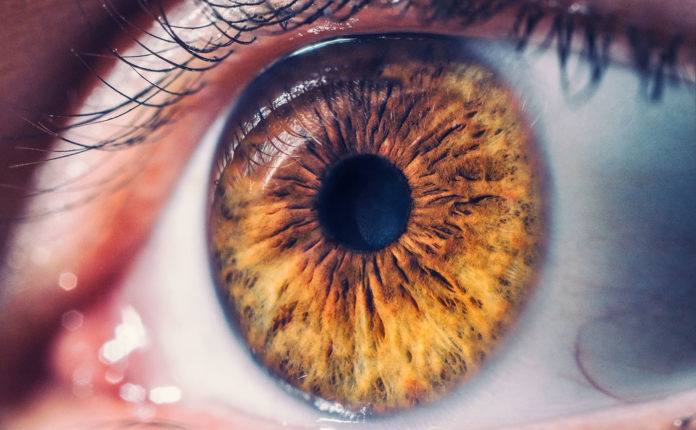Allergan, an AbbVie company, announced that VUITY, the first and only eye drop approved by the U.S. Food and Drug Administration (FDA) to treat age-related blurry near vision (Presbyopia), is now available by prescription in pharmacies in the U.S. The FDA-approved eye drops offer a potential alternative to reading glasses for the estimated 128 million Americans affected by this common and progressive eye condition.
Presbyopia can be diagnosed through a basic eye exam by an eye doctor. People with the condition find reading words up close more of a struggle than before they had the condition.
“Many Americans deal with Presbyopia, which typically begins around age 40, by relying on reading glasses or resorting to work-arounds like zooming in on their digital devices to see up close. As an optometrist who also has Presbyopia, I’m personally and professionally excited to try VUITY for myself, as well as offer it to my patients with age-related blurry near vision,” said the optometrist Dr. Selina McGee, Fellow of the American Academy of Optometry. “With VUITY now available, it is a good time for those who experience age-related blurry near vision to visit their eye doctor for an exam and to discuss their options to manage this common condition.”
VUITY is an optimized formulation of pilocarpine, established eye care therapeutic, specifically designed to treat age-related blurry near vision. It is delivered with proprietary pHast technology, which allows VUITY to rapidly adjust to the physiologic pH of the tear film, which is an exceptionally thin layer of fluid that covers the surface of the eye. This was studied in the simulated tear film, and the clinical significance is unknown.
VUITY reportedly takes 15 minutes to kick in, reaches the maximum effect in about an hour, and then lasts for six to seven hours after being introduced to the eye. The drop uses the eye’s own ability to reduce pupil size, improving near and intermediate vision while maintaining distance vision.
However, the drop cannot be called a full-fledged medicine – the approved drug does not eliminate the causes of visual disturbance but only temporarily relieves its main symptom. Still, most experts are already calling this therapy revolutionary since the regular use of the drops will allow people with Presbyopia to read a book or look at a computer screen without reading glasses on.
The company claims a “statistically significant proportion” of participants in a clinical trial of the eye drops found that after using the drops, they could read three additional lines of text on a reading chart.
A 30-day supply of the eyedrops is expected to cost $79. The manufacturer of the drug notes that the drops work best on patients in the age group from 40 to 55 years old, suffering from a relatively mild disorder. The drops become less effective after age 65 and reportedly are not intended for use while driving at night or working in low-light conditions.
